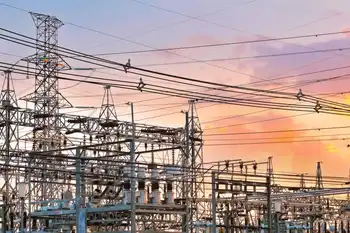Restart problems in Leaf EV reported
JAPAN - Nissan Motor Co has received complaints from owners that its Leaf electric car on occasion fails to start, posing a potential setback for the automaker's goal of promoting zero-emission vehicles.
Japan's No.2 automaker said it was looking into the exact cause, which it traced back to the Leaf's air-conditioning unit. Nissan is investigating whether the glitch was in a certain component or the programming, spokesman Toshitake Inoshita said.
Nissan plans no recall for now since the issue does not affect safety, but will decide how to proceed after identifying the source of the problem, he said.
"When we know the exact cause, we will decide whether to issue a service bulletin, or take other steps," Inoshita said.
He added that the phenomenon was reported in both the United States and Japan, although he did not have an exact figure for the number of complaints.
Nissan and its French partner Renault SA are aiming to become leaders in the nascent field of electric vehicles, which plug into an electric outlet to power the car's batteries and have no tailpipe emissions.
Nissan launched the five-seater Leaf in Japan and the United States in December. It sold more than 3,300 units in Japan as of February and delivered another 452 in the United States through March.
Production at Nissan's Oppama plant south of Tokyo, where the Leaf is made, resumed on a normal basis — from supplier-delivered parts — for the first time in a month, after it was halted by a devastating earthquake that rocked northeast Japan on March 11.
Related News

Power outage update: 252,596 remain without electricity Wednesday
EASTERN CAROLINA - Power is slowly being restored to Eastern Carolina residents after Hurricane Florence made landfall near Wilmington on Friday, September 15.
On Monday, more than half a million people remained without power across the state.
As of Wednesday morning at 1am, the Dept. of Public Safety reports 252,596 total power outages in North Carolina.
More than half of those customers are in Eastern Carolina.
More than 32,000 customers are without power in Carteret County and roughly 21,000 are without power in Onslow County.
In Craven County, roughly 15,000 people remain without power Wednesday morning.
Many of the state's outages are effecting the Wilmington area,…




